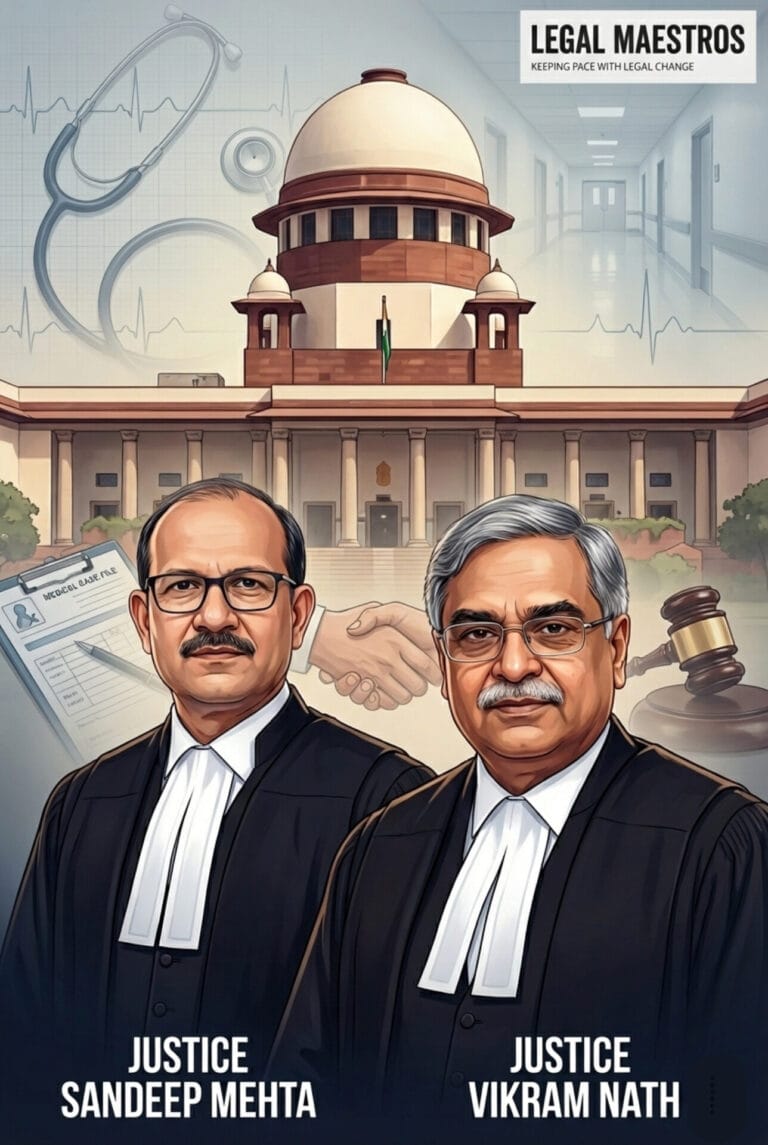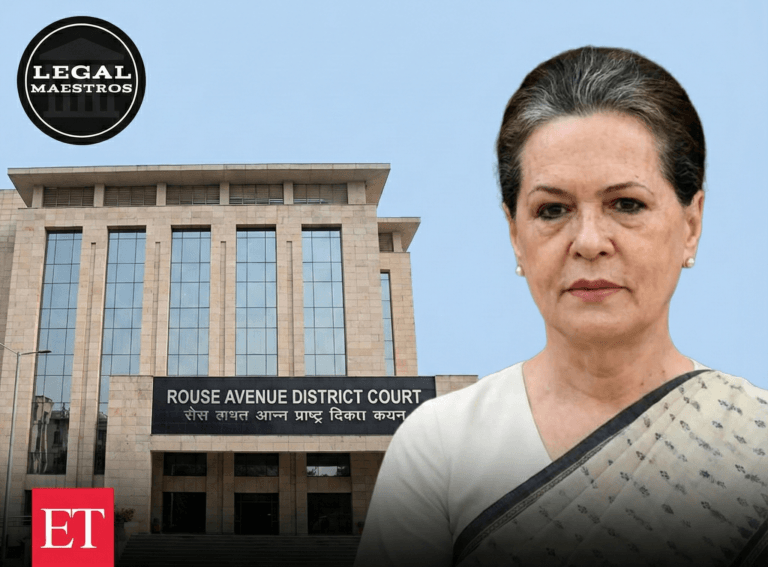
The Supreme Court of India has overturned its own previous ruling that had prevented the Allahabad High Court to hear criminal matters in accordance with protests aired over judicial independence and the authority of Chief Justice to allocate court rosters.
Facts
The difference of opinion was said to be on a payment default of about 4.59 lakhs by M/S Shikhar Chemicals on a business transaction in favor of Lalita Textiles. Criminal summons were issued by a magistrate and Shikhar Chemicals opposed summons in the High Court. Justice Prashant Kumar denied the quashing of the complaint or considered it a criminal-like nature. This decision had previously been criticised by the Supreme Court which had temporarily prohibited him to hear criminal cases.
Issue Raised
Whether the manner in which the case was adjudged justified banning of such a judge on all criminal matters as well as passing of adverse judicial observations against him.
For any queries or to publish an article or post or advertisement on our platform, do call at +91 6377460764 or email us at contact@legalmaestros.com.
Observations and Judgement
Firstly, the Supreme Court of India described an order of Justice Kumar as perverse and even his knowledge of law came to question as it placed a limitation on him. Nevertheless, this act was highly opposed, as thirteen judges of the High Court were said to be unwilling to comply with the directive as it had eroded the internal judicial power of the High Court.
Chief Justice of India BR Gavai highlighted the statement that the Chief Justice of High Court is master of the roster and the Supreme Court could not takeover the administrative powers the High Court administration is bestowed. Exercising its powers with the knowledge that its previous action had the potential to cause friction in the higher judiciary, the Supreme Court admitted that its comments and prohibitions might be construed as a violation of the dignity of a sitting judge.
Reflecting back on its previous decision, the Supreme Court did nonetheless establish an essential concept namely, that although the supervision of the apex court guarantees judicial discipline, roster assignment stays within the High Court province. The Court stricken down harsh words against Justice Kumar giving back the issue to the High Court to rehear it as it balanced the issue of the making of faulty orders with the need to ensure the independence and comity among judicial bodies.
Through judgment it is revealed that the Supreme Court is cognisant of the fact that uncontrolled interference in the management of judiciary might create a precedent of compromising the structural pecking order and independence of High Courts. It serves as a warning too, judges are to be subject to accountability, where the reasoning is legally unsound, but the correction should not violate constitutional parameters between various levels of the justice system.




